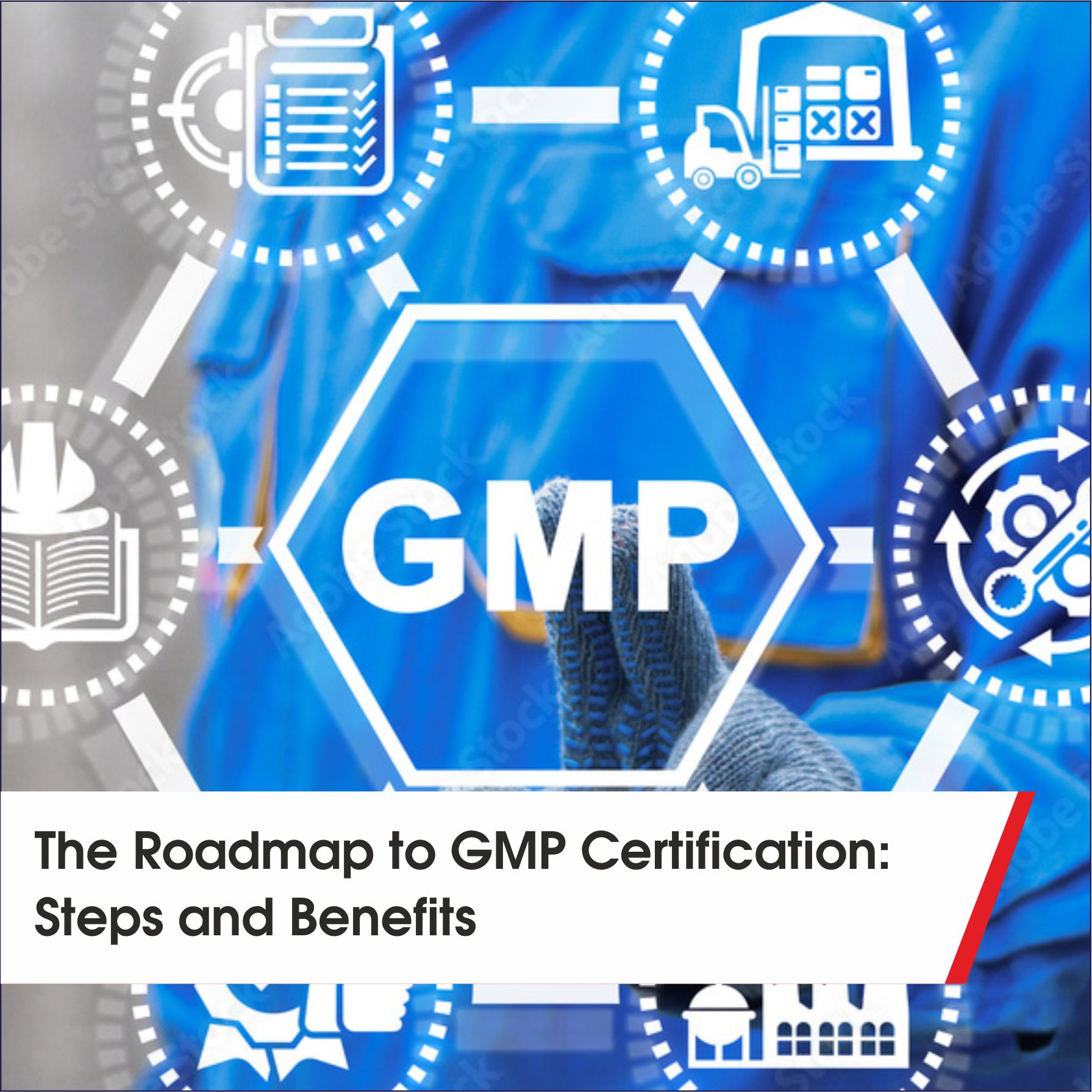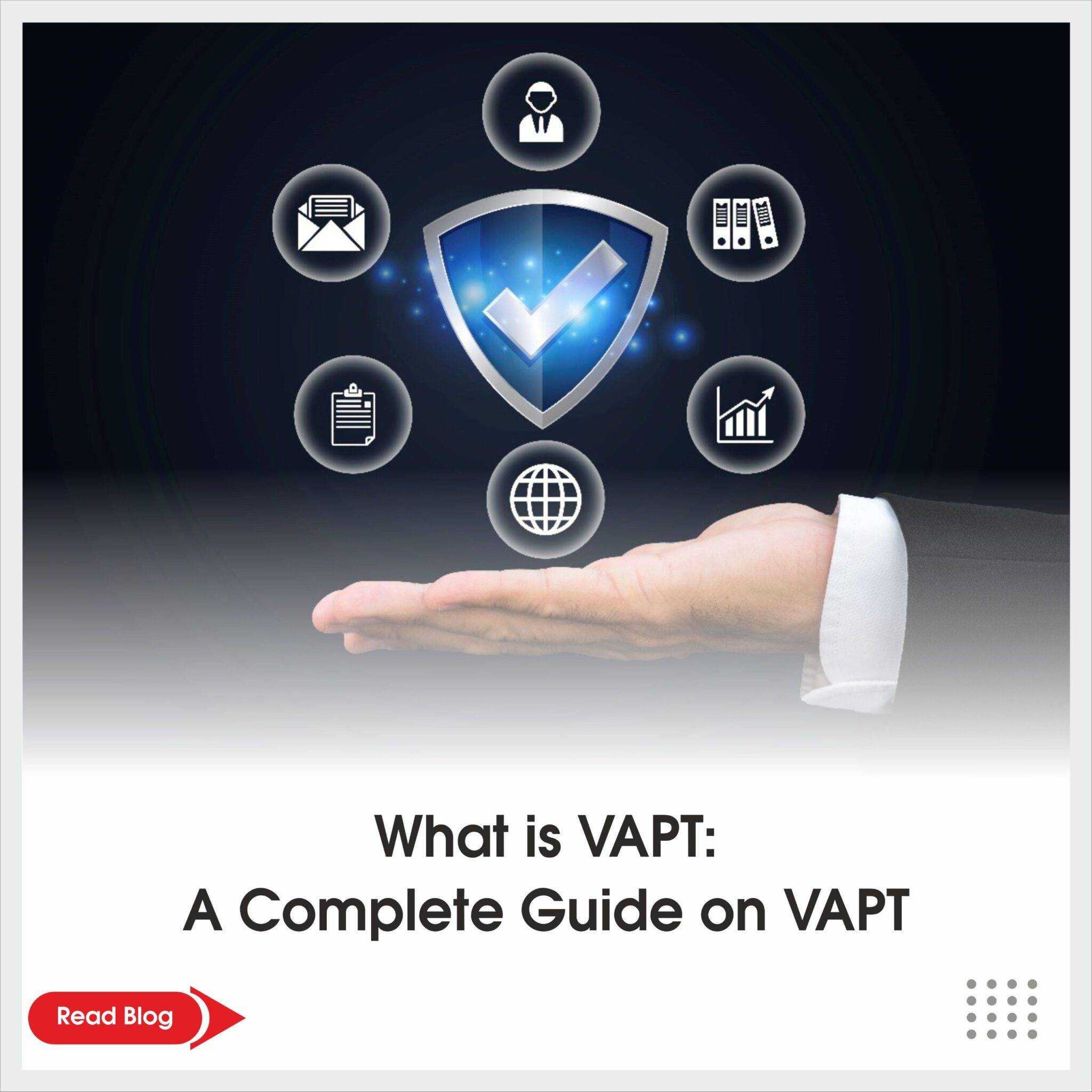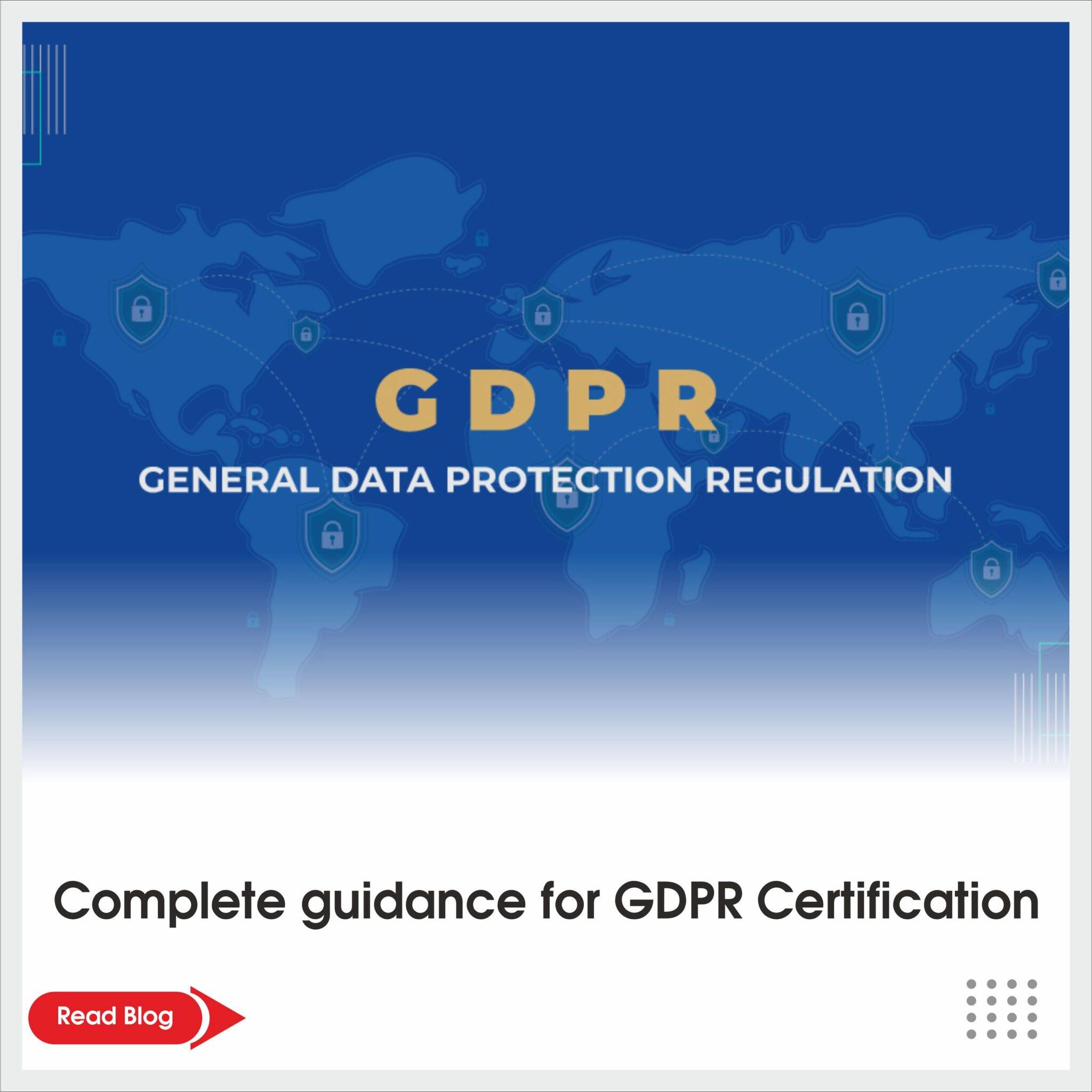Good Manufacturing Practices (GMP) accreditation has emerged as a critical benchmark for guaranteeing product safety, quality, and compliance in today’s highly regulated and quality-driven sectors. Organisations can outline the road plan to attain GMP certification and maintain high manufacturing standards. This article outlines the essential procedures for acquiring GMP certification and outlines the many advantages it provides to organisations.
What is Good Manufacturing Practices (GMP)?
Good Manufacturing Practices (GMP) is a quality management system that outlines the minimum requirements for manufacturing, packaging, labelling, and testing products. The guidelines ensure the consistent quality, safety, and efficacy of products manufactured in regulated industries. These guidelines are established and enforced by regulatory agencies such as the Food and Drug Administration (FDA) in the United States and the European Medicines Agency (EMA) in Europe. GMP certification is essential for businesses operating in various industries, including pharmaceuticals, food and beverages, cosmetics, and medical devices.
A Step-by-Step Guide to Achieve GMP Certification ⮯
Achieving a Good Manufacturing Practices (GMP) certificate is a rigorous process. Moreover, organisations can follow these steps to obtain a GMP certification :-
Assessing Current Practises: The initial step requires conducting an internal assessment to monitor and measure production and quality control procedures. Moreover, to satisfy GMP requirements, organisations shall assess operations records, employee training, and facilities to determine improvement areas.
Providing Training: Employees at all levels must get training on GMP practices and principles to comply with GMP criteria. Everyone must comprehend the significance of compliance and adhere to the established norms in this training.
Documentation: A crucial component of GMP compliance is thorough and organised documentation. Moreover, this entails producing batch records, quality manuals, standard operating procedures (SOPs), and others.
Facilities Design and Maintenance: Facilities must be designed and maintained in accordance with GMP standards to achieve intended manufacturing outcomes. Furthermore, it ensures GMP compliance with international best practices.
Testing and Quality Control: Adhering to GMP regulations requires having effective testing and quality control procedures. Companies must follow quality control labs to test raw materials, samples taken during production, and completed goods to ensure they adhere to predetermined standards.
Supplier Qualification: Organisations should assess and qualify their suppliers to ensure they follow GMP guidelines. Moreover, audits and evaluations of the facilities and operations of suppliers are necessary to ensure compliance.
Auditing and Inspection: Organisations must evaluate their compliance with GMP guidelines defined by regulatory bodies. Moreover, they shall conduct frequent audits and inspections to detect and address potential threats and opportunities.
Corrective and Preventive Activities (CAPA): It’s critical to take corrective and preventive action to eliminate non-compliance issues. Investigating the underlying causes of the problems and putting preventative measures in place are necessary.
Application for GMP Certification: Once a business is confident that it has complied with all GMP regulations, it may apply for GMP certification to the appropriate regulatory body. This application comes with thorough supporting materials and proof of compliance.
Continuous Improvement: GMP certification is a lifelong commitment rather than a one-time accomplishment. Moreover, businesses must regularly review and enhance their systems and processes to maintain GMP compliance.
Benefits of GMP Certification for Organisations
GMP certificate offers a goldmine of benefits to organisations. Moreover, an organisation can avail of the following benefits by implementing Good Manufacturing Practices (GMP) Certification :-
– GMP certification proves a business’s dedication to abiding by stringent regulatory requirements. As a result, there is less chance of regulatory measures like penalties or product recalls.
– GMP principles provide a robust structure and focus on establishing efficient and controlled production processes, which can result in cost savings.
– GMP certification is a widely accepted standard worldwide that assures good quality and safety of products. However, GMP-accredited businesses can more readily access international markets and participate in global competition.
– GMP certification verifies that products are fit for consumption, lowering the possibility of adverse consumer events or health-related problems.
– GMP accreditation is a powerful marketing tool that can draw clients and business partners, giving certified organisations an advantage over their rivals.
Conclusion ✅
It takes dedication to excellence in manufacturing practices to earn GMP accreditation. The path to GMP certification requires thorough planning, education, record-keeping, and regular compliance monitoring. Moreover, obtaining GMP ISO certification is a wise investment for businesses functioning in regulated industries.




